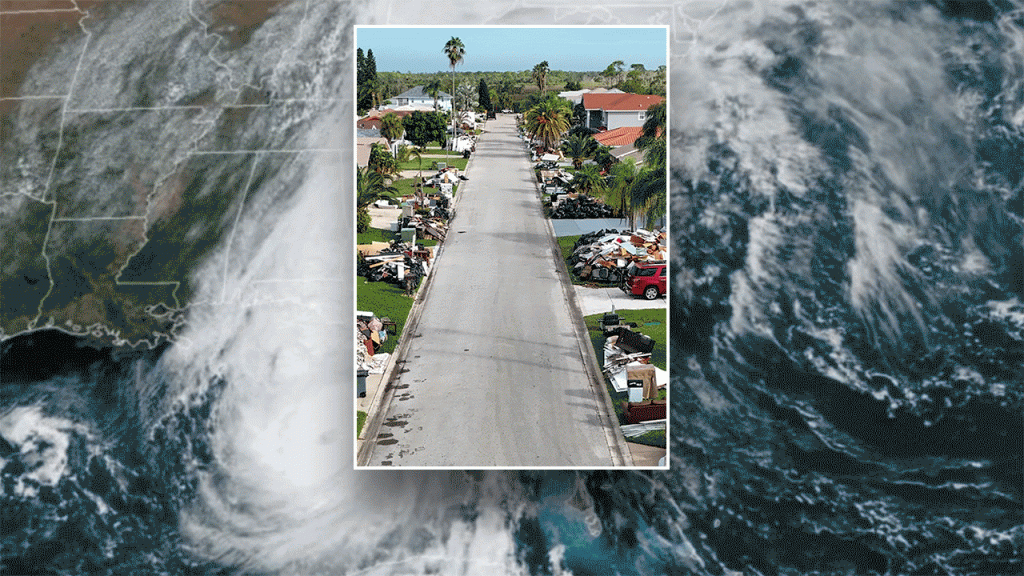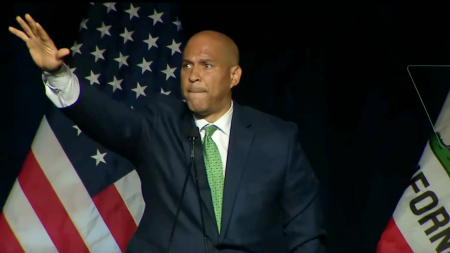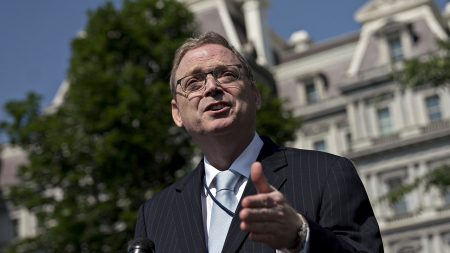The looming deadline to avert a government shutdown is causing tension on Capitol Hill as negotiations surrounding an emergency spending bill face potential delays. The release of the bill’s text, initially expected on Sunday, may be postponed by a day, adding further pressure to an already tight schedule. This delay stems from ongoing discussions between House and Senate lawmakers regarding the size and scope of the disaster aid package, a crucial component of the spending bill. The central point of contention revolves around whether the disaster relief should be incorporated into the year-end funding bill, essential for preventing a partial government shutdown during the upcoming holiday season. With government funding set to expire at 11:59:59 p.m. on Friday, any delays in finalizing the bill could significantly impact the House’s ability to process it in a timely manner.
The House operates under a “three-day rule,” requiring the bill’s text to be available for three days prior to debate and voting. The potential one-day delay in releasing the text could push the House’s consideration of the bill to Thursday or Friday, perilously close to the funding deadline. This tight timeframe leaves little room for error and raises concerns about the Senate’s potential to further slow down the process, especially if senators demand additional time for review and debate. The situation is further complicated by the fact that even minor procedural hiccups could lead to a government shutdown if the deadline is not met.
While the funding for general government operations through mid-March and the disaster relief for Hurricanes Helene and Milton, the Maui wildfires, the Francis Scott Key Bridge collapse, and Midwest tornadoes appear to be settled, disagreements persist regarding agricultural provisions and other unspecified matters deemed important by leaders on both sides of the aisle. The inclusion of last-minute provisions related to Syria or drones remains uncertain, adding another layer of complexity to the negotiations. The ambiguity surrounding these additional provisions underscores the challenges of reaching a consensus on the emergency spending bill.
The financial impact of Hurricane Helene has been a significant point of discussion, with House Speaker Mike Johnson characterizing it as potentially one of the most expensive storms in U.S. history. The Biden administration’s request for over $100 billion in disaster aid following Hurricanes Helene and Milton has sparked controversy, particularly among fiscal conservatives. The ultra-conservative House Freedom Caucus has openly opposed the administration’s request, advocating for a significantly smaller, offset package focusing solely on immediate needs for hurricane victims and farmers. They argue that any additional disaster relief should be deferred until after the upcoming change in presidential administration.
The House Freedom Caucus’s stance reflects a broader ideological divide regarding government spending and disaster relief. They have expressed concerns about using disaster relief as a vehicle for unrelated spending priorities and have called for greater fiscal restraint. Their demand for spending offsets reflects a commitment to fiscal responsibility, while also highlighting the political tensions surrounding disaster aid. This opposition adds another layer of complexity to the already challenging negotiations, further jeopardizing the timely passage of the emergency spending bill.
The possibility of a partial government shutdown before Christmas looms large if new spending is not approved through appropriations bills or a stopgap measure. The ongoing disagreements over the size and scope of the disaster aid package, coupled with procedural hurdles and potential delays, have created a high-stakes situation with significant implications for government operations and disaster relief efforts. The impending deadline adds further urgency to the negotiations, as lawmakers scramble to find a compromise that can avert a shutdown and address the critical needs of disaster-affected communities. The outcome of these negotiations will have a significant impact on the stability of government operations and the ability of the federal government to respond effectively to ongoing and future disasters.










